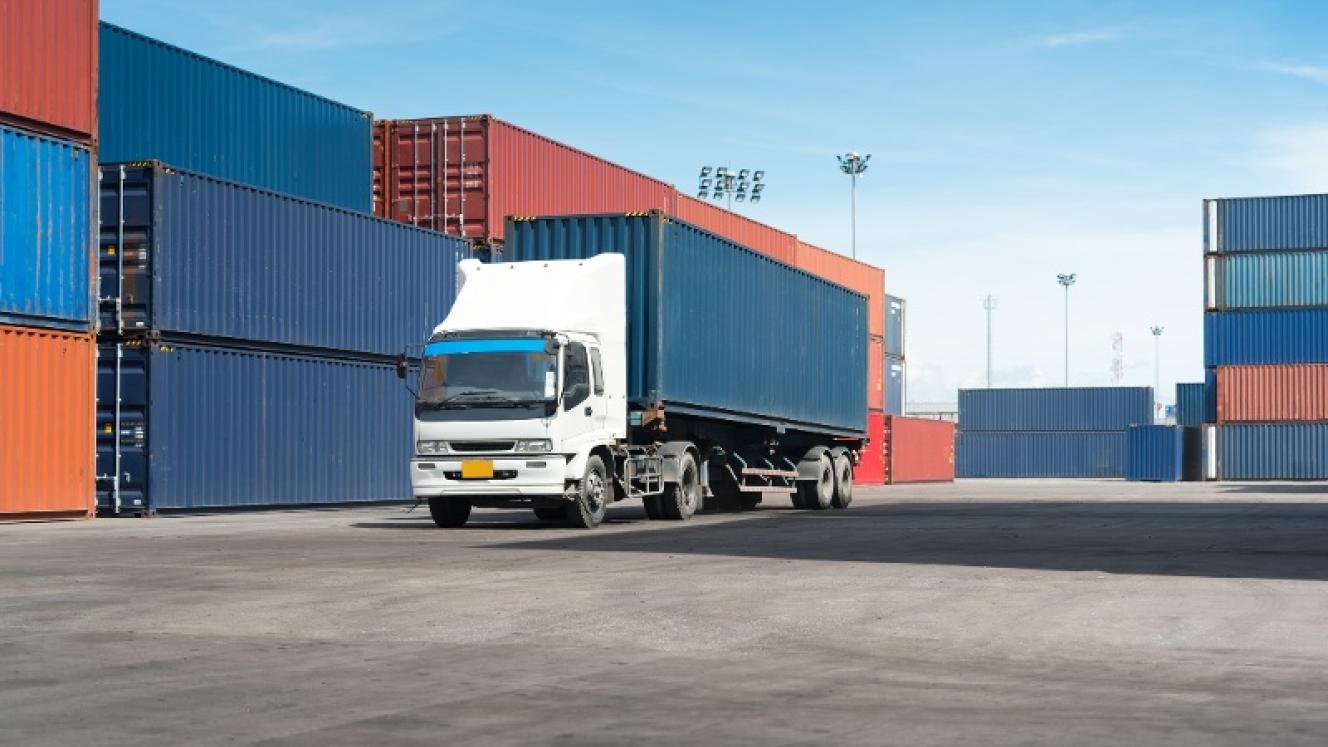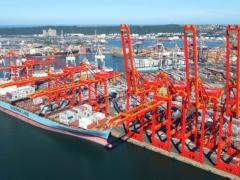An unprecedented surge in international freight rates of up to 700% is putting many companies under enormous pressure and forcing them to take drastic measures to ensure their sustainability.
In some cases, organisations are left with little choice but to find areas where they can cut costs when moving cargo, with many organisations looking at reducing expenses on cargo security.
Although this is a feasible prospect from the perspective of countries relatively low on crime, locally it’s not the case, warns Rhenus Logistics.
Citing data by German market and consumer researcher Statista, the service provider says the number of reported truck hijackings in South Africa has escalated over the past year by an alarming 32%.
According to Statista, 1 202 truck hijackings occurred between April 2019 and March 2020, often ending with violent attacks on drivers.
Moreover, with the sharp increase in online shopping because of work-from-home lockdown dynamics, courier vehicles are now increasingly being targeted too.
“Criminals have become much more brazen in their approach,” says Martin Taylor, risk manager for Rhenus Logistics.
“The industry is now experiencing far more orchestrated heists, with groups of up to 25 robbers going after one delivery vehicle.
“It has become a strategy of ‘shoot first, steal later’, which means that cargo drivers are now more at risk than ever. Although high-value goods are most sought after, all cargo is at risk, which means that all deliveries are vulnerable.”
Consequently, Rhenus follows state-of-the-art security protocols, including ongoing anti-hijacking training for drivers, as well as vehicle tracking and on-board video surveillance that is monitored 24/7 by highly trained control room personnel.
“Cargo crime is not only going to continue, but will increase,” says Taylor.
“Law enforcement bodies, including the crime intelligence unit of the South African Police Service, have expanded their operations and are doing what they can, but they don’t have the capacity to fight crime by themselves.
“It needs to be a collective effort involving all stakeholders, including the public. The logistics and security industries are collaborating and sharing information and resources in efforts to combat ongoing crime.”













